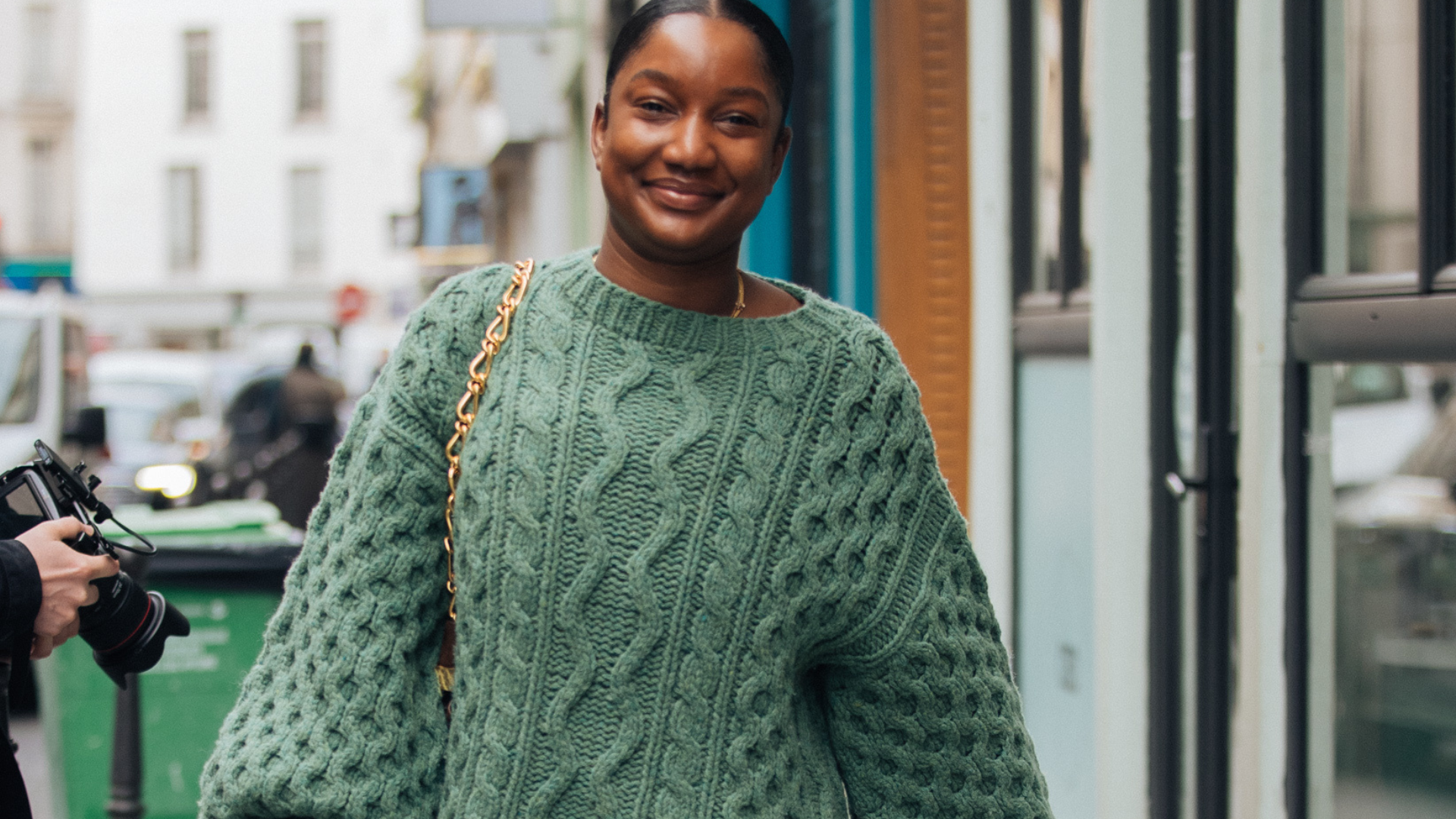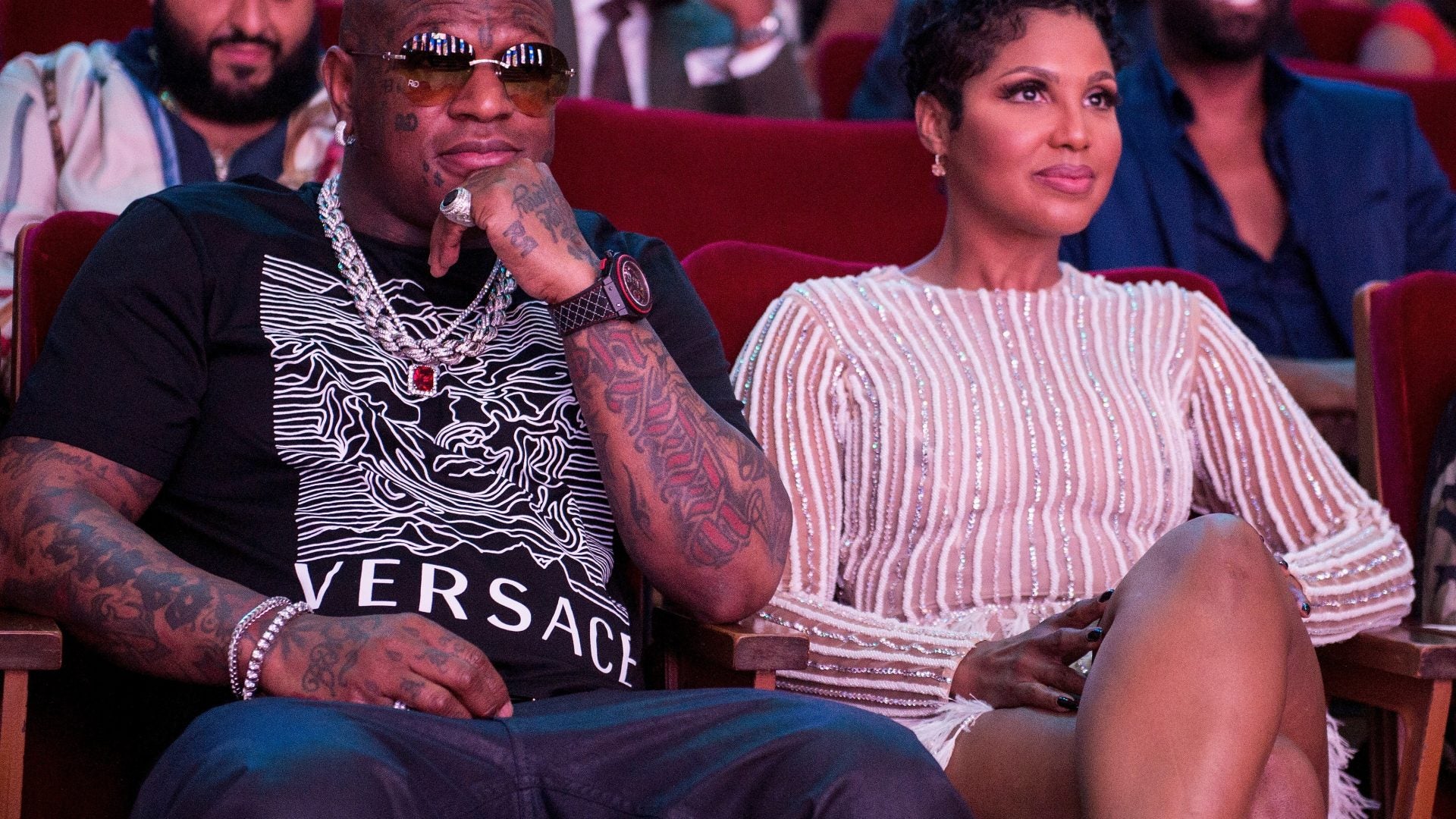
In 2020, Black business ownership dropped by more than 40%, the most significant decrease across any racial group. This is largely because Black-owned businesses were ill-equipped to navigate mandated long-term closures due to a lack of access to cash reserves.
Nearly three years later, echoes of that dark period are ringing louder with the recent declaration that monkeypox is now classified as an official public health emergency.
A poxvirus, monkeypox is described by the CDC as causing pimple or blister-like lesions, and flu-like symptoms such as fever. It can also cause extreme discomfort in the genital and perineal areas. The virus can also reportedly be spread by skin-to-skin contact and respiratory secretions with recovery requiring isolation for up to 4 weeks per the CDC.
That last part, reminiscent of the COVID-19 pandemic at its height, is what epidemiologist Zuri Dale, MWM, MPH warns is most economically alarming, particularly for vulnerable communities like Black business owners in service industries.
“When you look at the societal hierarchy of things, Black and Latinx communities are more likely to live in congregate settings,” said Dale, who is an adjunct professor in the college of science, engineering & technology at Texas Southern University, focusing on viruses and vaccine hesitancy.
“They’re more likely to live in closer quarters, and be employed in roles that place them in closer proximity to the public. When you think about some of those social ramifications of being disproportionately employed in those careers, spatially, they’re at higher exposure than some of their Caucasian counterparts.”
She pointed out that unlike other groups, there were higher rates of Black hourly workers in the labor force as opposed to other ethnic groups that were able to work from home, or take significant paid time away to safely recover from COVID-19. This could repeat itself with the monkeypox crisis.
“Compounded with comorbidities weakening immune systems and just a higher likelihood of severe complications, the disease is just further exacerbated because people have shown a high likelihood of wearing PPE. We have potential to see the exact same thing with monkeypox,” she warned.
“When you think about being gainfully employed and the ability to take off work, a lot of minority communities are just not afforded that opportunity,” Dale said. She added that “in hospitality or retail— the service-based industry at large does not offer that option, particularly in beauty which is a booming sector for Black women founders.”
This is true. In 2019, Nielsen reported that Black women edged out every other racial group in spending when it came to the multi-billion dollar beauty industry, shelling out an estimated $2.5 billion in haircare alone, as well as overspending on personal care services.
Black women also outpace all other groups in starting businesses, many of which are in the beauty sector. Dale, who is a beauty entrepreneur herself knows first-hand how worrisome the monkeypox news can be for founders who are in client-facing spaces. In 2018 she launched Artistry By Zuri, a semi-permanent makeup service business that often requires her employees to be in close proximity to clients’ faces for hours at a time. She advises owners in high-contact businesses to treat the pending health crisis as they have COVID-19, with extreme caution.
“Always prioritize masking, even when we’re out of this scary era,” Dale said, pointing out that the U.S. is behind other countries who have been wearing protective face gear in service businesses years before the pandemic struck. “When you go into nail salons that are predominantly Asian-owned and operated, it’s never been uncommon for the nail technician to protect themselves and clients by wearing masks because we’re all prone to the receipt of respiratory droplets.”
She says there’s hope though because disinfectants have the potential to kill both viruses–business owners just have to be hyper-vigilant in using them.
“It’s important to invest in and use medical grade disinfectant wipes after every interaction with a person, otherwise significant challenges could arise.”




